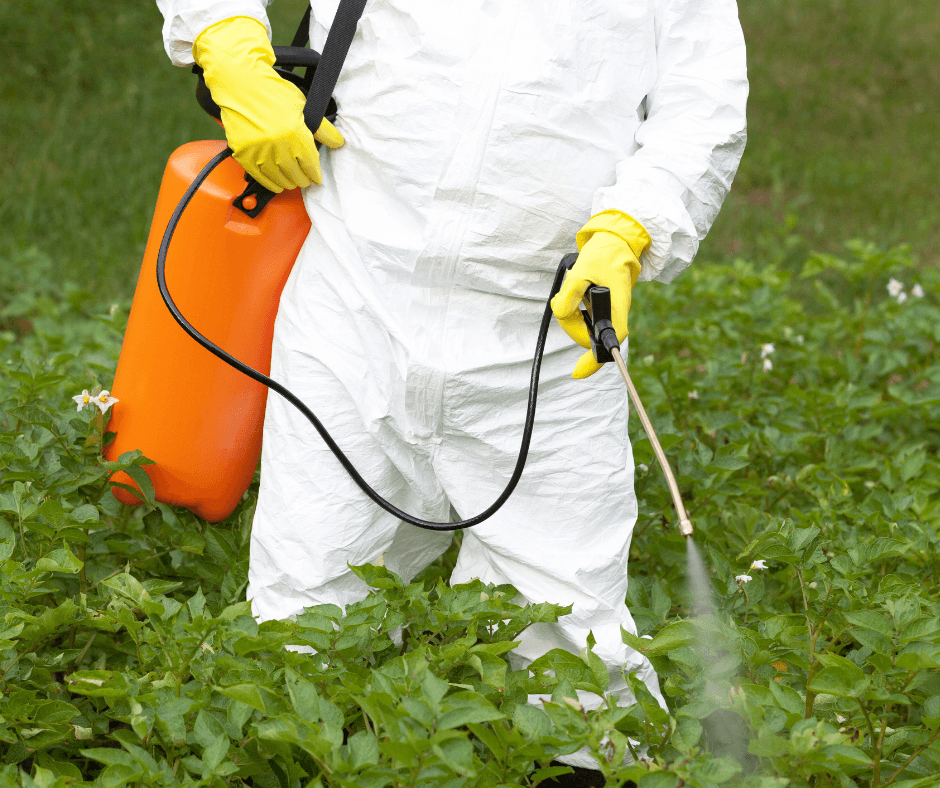
The Love Story of Soluble Fiber and Toxins: How Beans Help Your Body Detox Naturally
Let’s continue our discussion from last week on how our body naturally detoxes. This time, we’re diving deeper into one specific pathway—detoxifying through bile from the liver and what soluble fiber has to do with it. We'll break down the science of detox into manageable, easy-to-understand chunks to make it practical and helpful.
Our liver works tirelessly to filter out fat-soluble toxins from the bloodstream. Once captured, these toxins are packaged into bile, a digestive fluid produced by the liver. The bile, carrying these unwanted substances, is then released into the small intestine. But here’s the key: to ensure those toxins are flushed out of the body rather than reabsorbed, we need soluble fiber.
Soluble fiber has a special affinity for fat-soluble waste, almost like a love story. When the bile loaded with toxins encounters soluble fiber in the intestine, the fiber forms a net—a mesh that traps the fat molecules in the bile. Since soluble fiber can’t be absorbed in the intestinal tract, anything caught in this net won’t be absorbed either.
Instead, the toxins are safely carried through the digestive system and eventually eliminated, helping your body detox naturally.

The Love Story of Bile and Beans: A Detox Tale
Picture it this way: When you eat beans, which are packed with soluble fiber, they’re ready for action just as the liver releases its load of fat-soluble toxins into the bile. As the bile and beans meet in the duodenum (that first part of your small intestine), it’s love at first sight. They rush toward each other, join together, and form an unbreakable bond.
Now, as this complex travels through the small intestine, the fat molecules try to break up with the fiber and re-enter the bloodstream at the usual spot—the terminal part of the ileum. But the soluble fiber holds firm, saying, “Sorry, no divorces here! We’re in this together.”
The fiber carries the fat all the way through the ileocecal valve into the large intestine, and out they go together in a bowel movement. The toxins are gone, safely eliminated, and you’ve just helped your body detox naturally!

How Soluble Fiber Saved Ruth and Can Help You Too
That's exactly what Karen Hurd did for her daughter Ruth (link to blog). They had to get rid of the bile because it was full of the organophosphate poison that kept recycling through Ruth's system and making her sicker. By using soluble fiber, Karen was able to help Ruth throw that poison right into the toilet.
How does this apply today? Well, we’re all exposed to fat-soluble toxins. Think about the glyphosate sprayed on crops, the bisphenol A in plastics, or PFAS—those “forever chemicals” that linger in our environment.
It sounds scary, right? But here’s the good news: Eating soluble fiber can help. Your liver is great at filtering out these toxins from your bloodstream. Once your liver dumps them into the bile, all you have to do is eat some soluble fiber, and those toxins get trapped and flushed out of your body.

A Simple Daily Habit for Powerful Detox Support
And no, you don’t have to eat soluble fiber constantly. Just aim for half a cup of cooked beans with breakfast, lunch, and dinner. It’s a simple, manageable step—half a cup of beans isn’t a lot!
This daily habit will keep your body clearing out toxins regularly. If you’re dealing with a serious issue, like Ruth was, you might want to eat even more. But for general health, beans three times a day will do wonders. It’s an easy way to give your body a detox boost!
Stay tuned in the coming weeks for tips on how to incorporate beans into your diet if they seem to cause you gas—and the surprising reason why they might be causing that discomfort. You won’t want to miss it!

Created with © systeme.io • Privacy policy • Terms of service •Disclaimer



